The noise about payday filing is starting to get louder. But what exactly is it and how does it impact your business?
Payday filing is a requirement for filing your employee pay information as part of each pay cycle. The pay information to be provided will include:
- Employee pay information – similar to what you currently provide in your current employee monthly schedule (IR348)return. This includes gross pay, pay period start/end dates, ESCT, PAYE amount, KiwiSaver amount, ESCT amount, student loan amount, etc.
- Additional details for new and finishing employees – details for new employees include their name, IRD number, tax code, date of birth, start date and contact details. You only need to enter the cease date for employees who have finished. This information can be filed at any point, you do not need to file it at the same time as pay run information.
How do you file this information?
There are four filing methods available
- Directly through your payroll software – please check with your payroll provider as to their ability to provide this service
- Uploading files to myIR – similar to existing ir345 and ir348 processes
- Data entry onscreen through myIR – similar to existing onscreen ir345 and ir248 processes
- In limited circumstances – by paper. Note: this option is not available for employers who process more than $50,000 in PAYE and ESCT each year.
How often do you have to file?
Payroll information is due within two working days of the payday if you file electronically. If you file using paper, you have 10 working days. Note: regional holidays like Wellington Anniversary Day are considered working days, but other public holidays and the period 25 December – 15 January each year are not.
Why is this change happening?
Inland Revenue is currently nearly halfway through a significant overhaul of their tax administration system. This is part of their business transformation plan to modernise New Zealand’s tax system by 2021. Changes so far that small business owners may have noticed include:
- GST improvements
- AIM (provisional tax)
- Payday filing (voluntary)
1 April 2019 will see payday filing become mandatory for all employers.
Two core drivers for this change include the sharing between Government Departments and Inland Revenue’s drive to better calculate individual’s tax and entitlements. This will have flow-on effects to Working for Family Tax Credits, Child Support payments, and also Work and Income benefit payments as timely information will be readily available to use in calculating these.
What does payday filing mean for your business?
Due to the system changes, you may need to adjust some of your processes accordingly. Many employers who have not previously used payroll software may decide that now is the time to change as the software will significantly simplify this process for you. Keep in mind though, not all software options are created equal with payday filing. There will be four types of payroll software providers:
- Some providers (like FlexiTime) will file this information for you automatically once each pay run is finalised. This is effectively a fully automated solution
- Other providers will require you to download a file to be uploaded through the myIR portal, which will add a few additional steps to your current payroll process.
- Providers who are also intermediaries will deduct the full pay run amount (wages/salaries + PAYE/KiwiSaver amounts) from your bank account and make payments to your staff and Inland Revenue on your behalf – they will also file this information automatically for you
- Those providers who are not payday filing ready – these will mainly be obscure, overseas providers. Most main payroll software providers in New Zealand have already indicated that they will be payday filing ready by 1 April 2019 if they are not already.
Watch out for misinformation
One of the most common misconceptions about payday filing is that you will now have to pay Inland Revenue at the same time (or within two days) as paying your payroll. This is not true. Payment of PAYE, student loan and KiwiSaver deductions will remain due once or twice a month as you do now (standard for small businesses – due 20th of the month following).
Are you worried about the increased workload from payday filing on your business?
The Admin Army team would love to help. Alongside our bookkeeping services, we offer a range of payroll processing packages – you provide the payroll software and employee information (e.g. hours worked, etc.) and we take care of the processing and payday filing for you.
